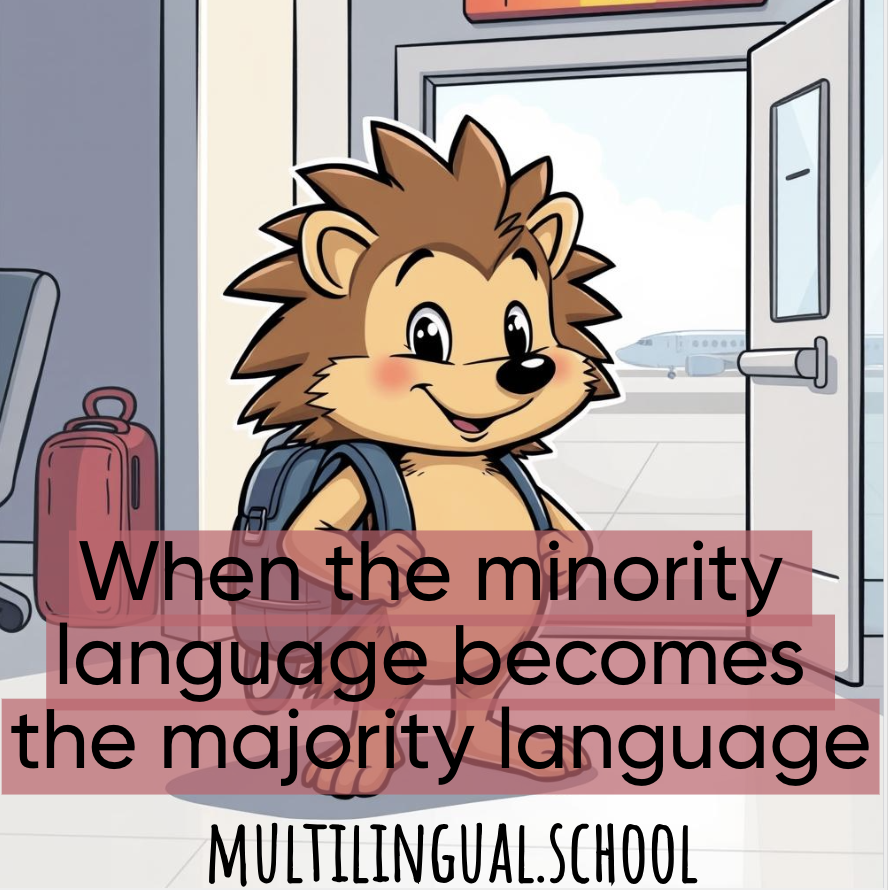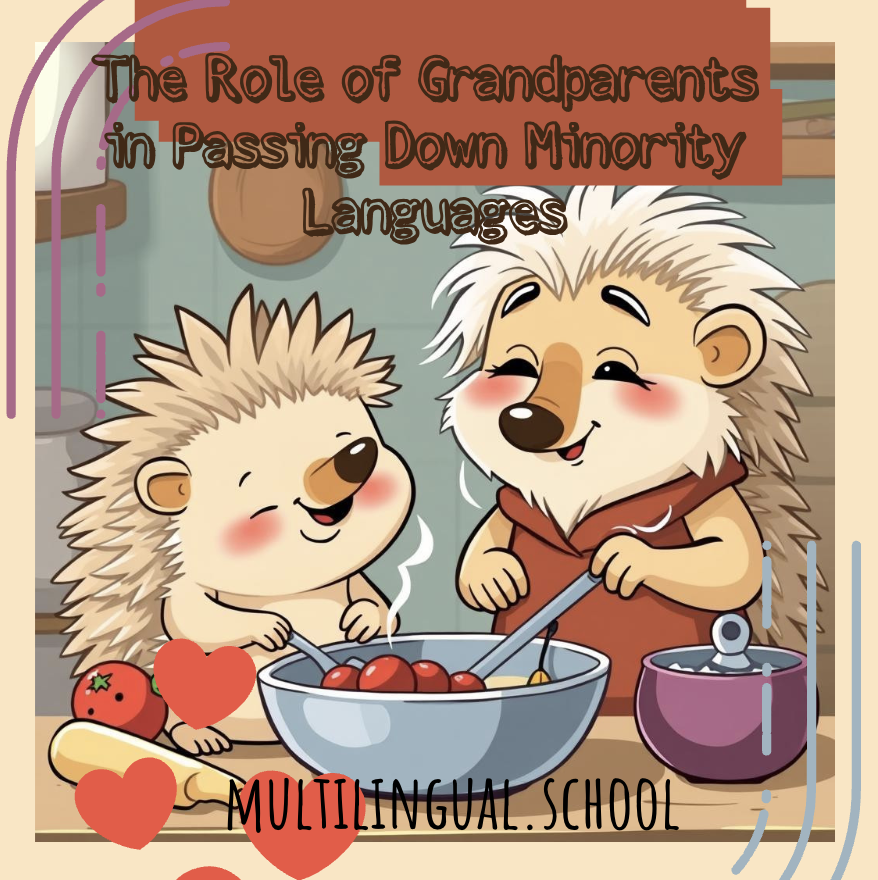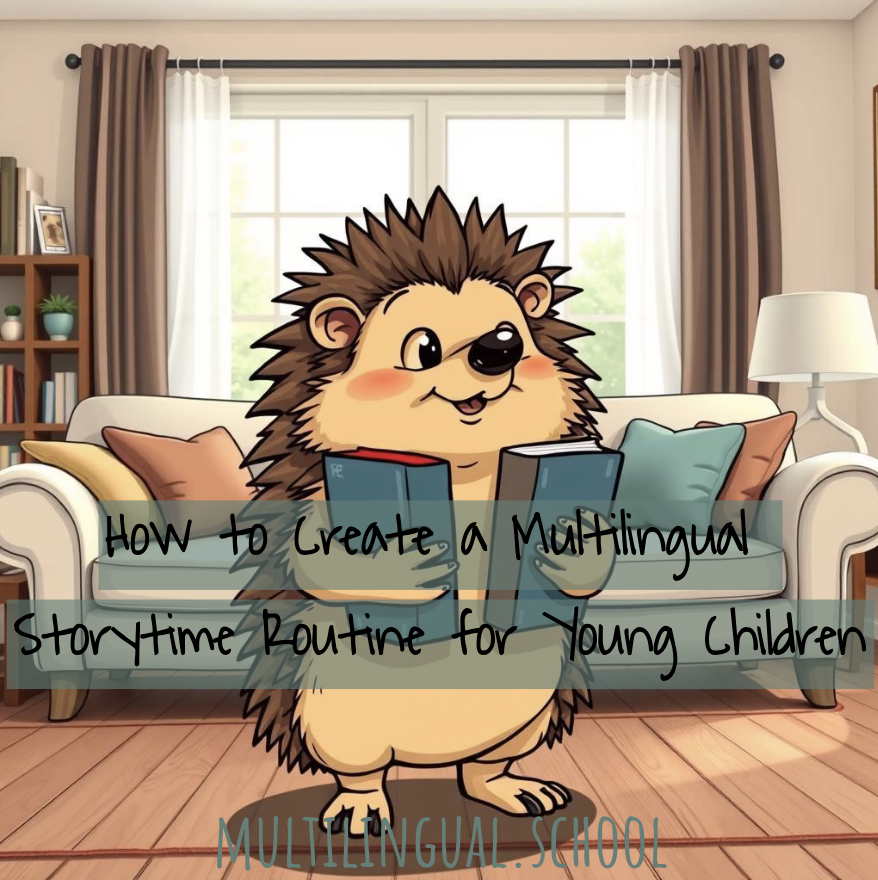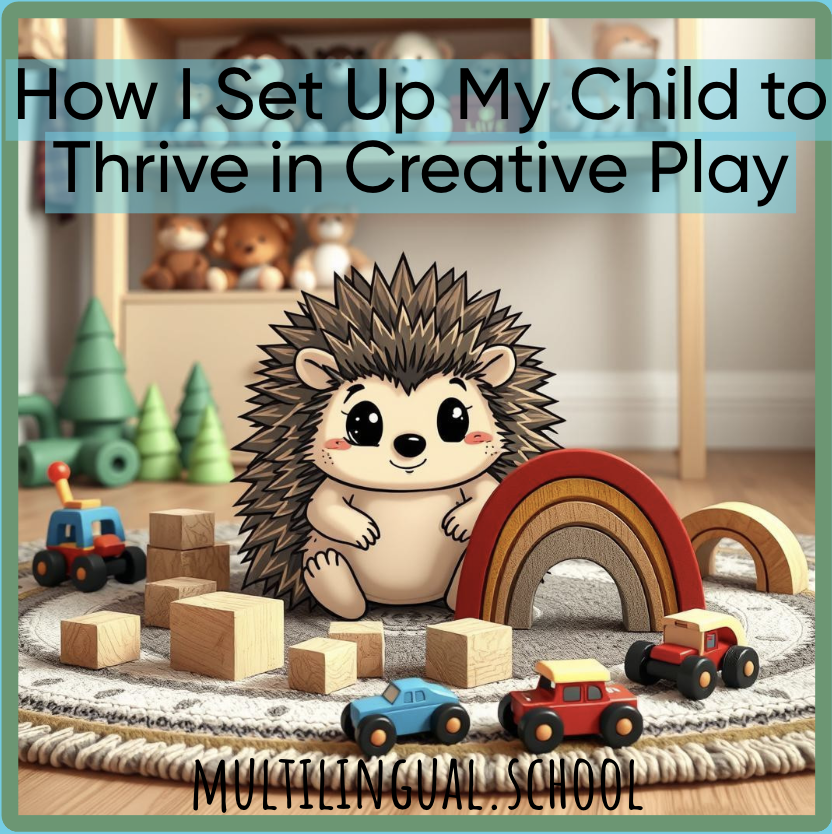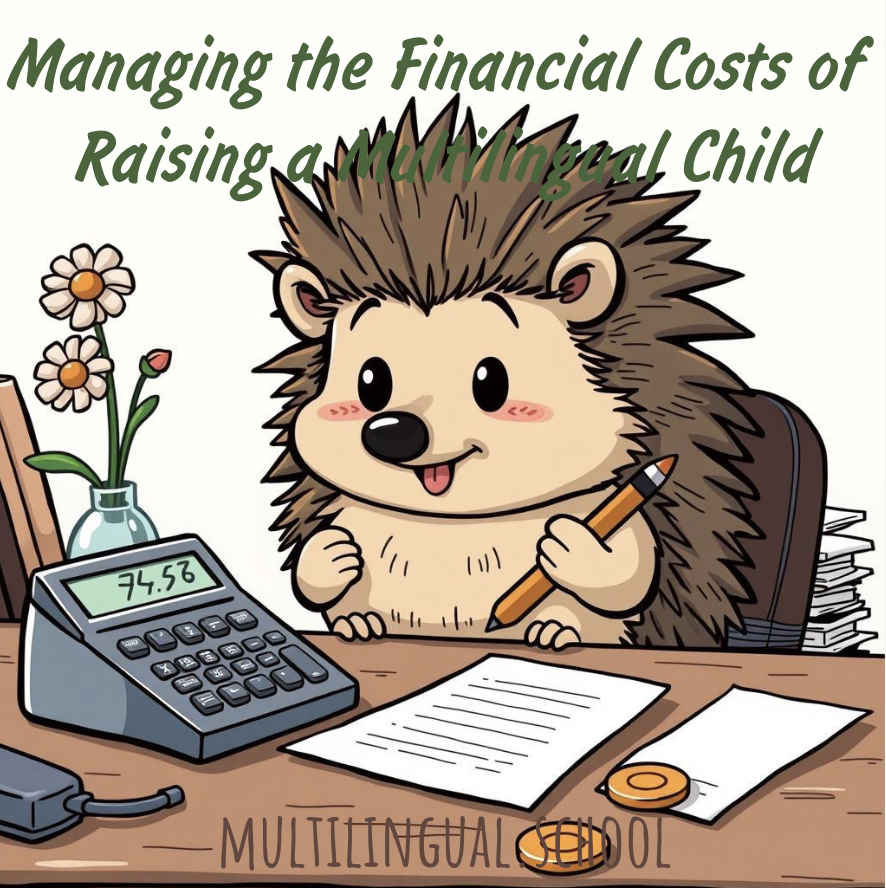When the minority language becomes the majority language - travelling observations
This post may contain affiliate links, which means that I may receive a commission if you make a purchase using these links. You do not pay a higher price.
Minority Language Boost through travels
Recently, we travelled to Brazil to meet the larger family. It was a successful trip overall, but I was mostly impressed with what impact it had on our son’s language development. While he was already at age-appropriate levels of Portuguese before the trip, he gained immense knowledge and additional proficiency in the language. You could see the progression from day to day.
Here are some observations about what will happen when you travel to your home language country:
The language becomes real. There might be a surprise realisation for your child: EVERYONE is speaking that language over here! ALL THE TIME! As much as you talk about visiting that home language country before the trip with your child, it still is different once you’re on the ground overhearing the language everywhere. It’s not a rare encounter reserved for mum and dad anymore, but it’s really out there and normal for everyone. I love how it gives your child the perspective that the language is alive and relevant! They get to experience the language in their natural habitat, so to speak, and they can begin to understand just how much of a world is behind the language that he didn’t know before.
Language exposure overwhelm. With the realisation might come overwhelm. “Do I have to speak that language constantly now?” Especially if your child has gaps in vocabulary or prefers one of their other languages, they might struggle with staying in that language constantly. Another aspect to the overwhelm is that the language in the heritage country is nuanced, rich in context, diverse, colloquial and all the facets that your child may not be exposed to at home. Think about it: When your child only hears for example Portuguese from one parent and perhaps a babysitter and a play friend - the exposure of nuance is limited. Once you enter Brazil, you’re confronted with a firehose of accents, idioms, speeds and all other sorts of depths of language. This can be draining, so be ready to give your child a break and allow the other languages to come through too.
Shift of language preference. Your child might actually start to prefer the new community language over another. For us, this took my son a few days. After the adjustment period, he’d prefer Portuguese and would start code-mix his other languages with Portuguese. Even though, that wasn’t a thing back home.
The inner voice changes language too. Our son’s shift of thinking affected his language of inner dialogue as well. It was fascinating to see how he switched to Portuguese for his creative and pretend-play, while at home he’d be mostly using German, or English.
Language proficiency explosion. Your child will advance in the language like you’ve never seen before. They will pick up colloquialisms, vocabulary, pronunciation and confidence. They will sound a lot like a native. It might not be perfect native, depending on time, and previous language skills, but the uptick towards native skills is huge.
The people and connections matter most. With all being said, it all depends on how you spend your time in that country. We were lucky enough to be embedded in family, with day-to-day family life, family events and constant encounters with family members that loved to spend time with us and especially our son. So we really soaked up on family connection and bonding. And in that context, language thrives especially. It is different than visiting the country as a tourist.
The impact you’re seeing while travelling will stay with your child long past the trip, if not forever. Travelling to the country of your heritage language, in conjunction with meaningful and strong people connections, is one of the most impactful ways to boost language proficiency, confidence and pride in speaking that language.
I am curious to hear what you’ve observed when travelling with your child or children to one of your heritage countries. Let me know in the comments!


